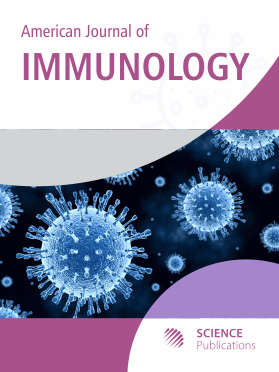MORINGA TEA BLOCKS ACUTE LUNG INFLAMMATION INDUCED BY SWINE CONFINEMENT DUST THROUGH A MECHANISM INVOLVING TNF-α EXPRESSION, C-JUN N-TERMINAL KINASE ACTIVATION AND NEUTROPHIL REGULATION
- 1 North Carolina Agricultural and Technical State University, United States
Abstract
Plant based products represent a promising alternative to conventional treatments for inflammation. Moringa oleifera Lam is a tree rich in proteins, vitamins, minerals and a variety of phytochemcals with health benefits. Among the reported health benefits are antioxidant and anti-inflammatory properties. The purpose of this study was to investigate whether tea brewed from dried Moringa leaves would abrogate inflammation in a mouse model of acute lung inflammation induced by LPS or extracts prepared from dust collected from a swine confinement facility (DE). Mice were offered water or Moringa tea for seven days. Tea consumption was significantly greater than that of water consumption on days 1 and 6, but there were no significant differences in weight gain or food consumption. On day seven, mice from both groups were forced to inhale, via intranasal challenge, either Phosphate Buffered Saline (PBS), Lipopolysaccharide (LPS) [10 µg mL-1] or DE [10%]. Compared to mice that drank water, mice that drank Moringa tea had significantly less protein (p<0.05) and cellular influx (p<0.0001) into the lung after inhalation of 10% DE. No difference in neutrophil migration into the lungs of water and M. tea groups after LPS or DE challenge was detected. But mice that drank tea had significantly (p<0.05) more neutrophils with apoptotic morphology after DE challenge. TNF-α expression 24 h after inhalation of 10% DE, was significantly higher (p<0.05) in lungs of M. tea mouse group as compared to water group. This increase in TNF-α was accompanied by higher levels of pro and anti-inflammatory cytokines. Finally, activation of c-Jun N-terminal Kinase (JNK) in lungs of M. tea+DE group 24 h post inhalation was decreased. Taken together these results suggest that Moringa oleifera leaf tea exerts anti-inflammatory properties on acute lung inflammation induced by swine confinement dust through a mechanism involving neutrophil regulation and JNK activation.
DOI: https://doi.org/10.3844/ajisp.2014.73.87

- 5,602 Views
- 3,160 Downloads
- 9 Citations
Download
Keywords
- Inflammation
- Lung
- Agricultural Dust
- Complimentary and Alternative Medicine
